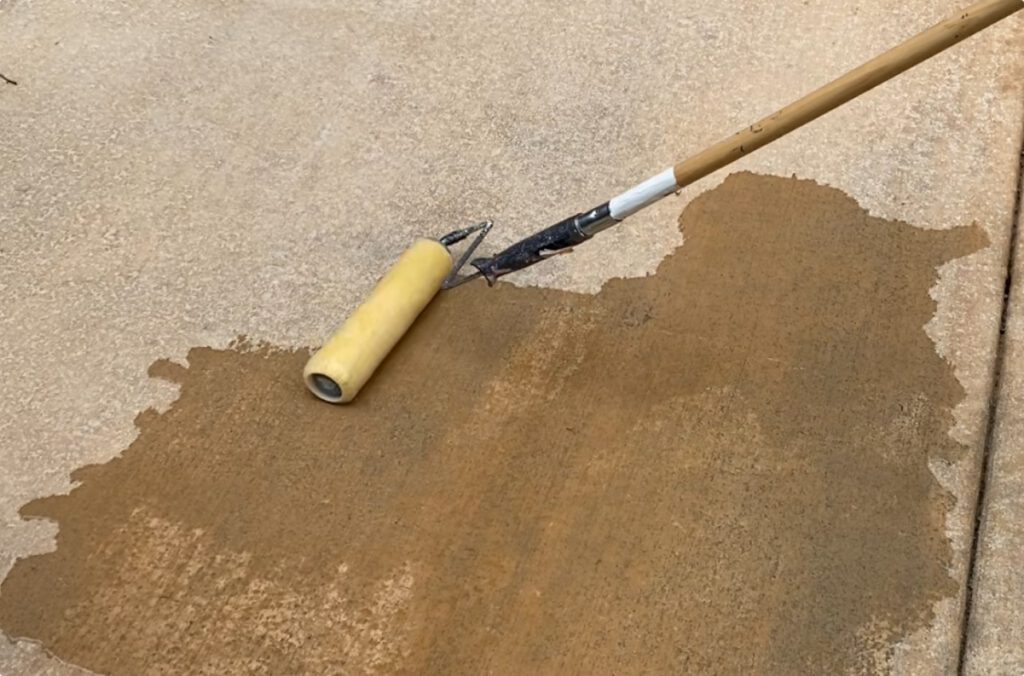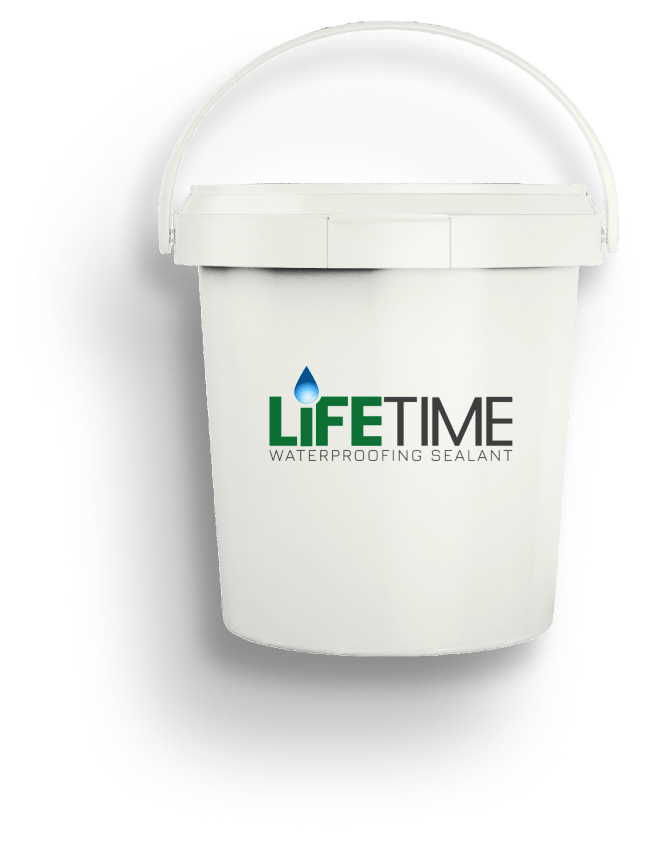Silicone-based waterproofing sealants have become a preferred choice for many contractors and property owners when it comes to protecting surfaces from moisture damage. With their versatile applications and robust performance characteristics, these sealants offer a range of benefits that make them stand out from other waterproofing solutions. Here, we’ll explore the top advantages of using silicone-based waterproofing sealants and why they are a smart investment for both residential and commercial projects.
1. Superior Flexibility and Elasticity
One of the primary benefits of silicone-based waterproofing sealants is their exceptional flexibility. Silicone sealants can expand and contract with the substrate, which is essential for surfaces that experience movement due to thermal expansion, structural shifts, or vibration. This elasticity helps prevent cracks and gaps from forming, ensuring a long-lasting seal even under dynamic conditions.
For example, surfaces like concrete, masonry, or wooden decking may undergo slight movements due to changes in temperature or settling over time. The flexible nature of silicone-based sealants ensures that the protective barrier remains intact without splitting or losing adhesion, unlike some rigid alternatives.
2. Excellent UV Resistance
Silicone-based sealants are known for their outstanding resistance to ultraviolet (UV) radiation. Unlike organic sealants, which may degrade, crack, or discolor when exposed to sunlight over time, silicone-based products maintain their integrity and appearance even in harsh outdoor environments. This makes them ideal for applications on exterior surfaces, such as roofs, facades, decks, and outdoor masonry.
The long-lasting UV stability reduces the need for frequent reapplication and maintenance, saving property owners time and money in the long run. It’s a significant advantage for projects in regions with high sun exposure, where materials are more prone to UV-related damage.
3. Waterproofing Performance in Harsh Conditions
Silicone-based waterproofing sealants offer superior waterproofing capabilities compared to many other sealants, particularly in extreme conditions. Their hydrophobic properties ensure that water beads off the surface, minimizing water absorption and preventing moisture-related problems like mold, mildew, and freeze-thaw damage.
For areas prone to heavy rainfall, saltwater exposure, or freezing temperatures, silicone sealants can withstand these harsh environments without losing performance. Their ability to provide a breathable but watertight barrier helps protect porous surfaces like brick, stucco, and wood from deterioration.
4. Long-Term Durability
The durability of silicone-based sealants is another key advantage. These products are engineered to last for decades with minimal degradation, making them a cost-effective solution for long-term waterproofing needs. Compared to acrylic or polyurethane sealants, which may need more frequent reapplications due to wear and tear, silicone-based sealants deliver better value over time.
For instance, when used on concrete driveways, wood shingles, or exterior brickwork, a silicone sealant can significantly reduce the frequency of maintenance and repairs, resulting in lower life-cycle costs for property owners.
5. Resistance to Temperature Extremes
Silicone-based sealants perform well in a wide range of temperatures, maintaining their properties from as low as -60°F (-51°C) to over 300°F (149°C). This resistance to temperature extremes makes them suitable for diverse applications, from sealing outdoor masonry to industrial equipment protection.
The ability to endure such temperature fluctuations without becoming brittle or losing adhesion is especially valuable for structures located in regions with significant seasonal temperature changes.
6. Versatility Across Different Surfaces
Silicone-based waterproofing sealants can be used on a variety of substrates, including concrete, stone, wood, glass, and metal. Their compatibility with different materials makes them a versatile choice for contractors working on multi-material projects. Whether it’s sealing expansion joints on a commercial building, waterproofing wooden fences, or protecting pavers from moisture, silicone-based products provide a reliable and adaptable solution.
7. Chemical Resistance
Another often-overlooked benefit of silicone-based sealants is their resistance to chemical exposure. They are less prone to damage from solvents, oils, and acidic substances compared to other types of sealants. This makes them ideal for industrial environments or areas where surfaces might be exposed to harsh chemicals.
Why Choose Silicone-Based Sealants Over Other Types?
While there are various waterproofing products available, silicone-based sealants offer a unique combination of flexibility, durability, and UV resistance that many alternatives cannot match. Their ability to perform well in harsh conditions and maintain their integrity over time makes them a preferred choice for projects requiring long-term waterproofing.
For contractors and property owners looking for a dependable waterproofing solution that minimizes maintenance while providing maximum protection, silicone-based sealants represent an investment in quality and peace of mind.
Conclusion
The top benefits of silicone-based waterproofing sealants make them a powerful option for preserving the longevity and aesthetics of various surfaces. From superior flexibility and UV resistance to chemical and temperature resilience, these sealants provide comprehensive protection for both residential and commercial applications.
When considering waterproofing needs, choosing silicone-based sealants can help you achieve durable, long-lasting results that protect your investment for years to come.


